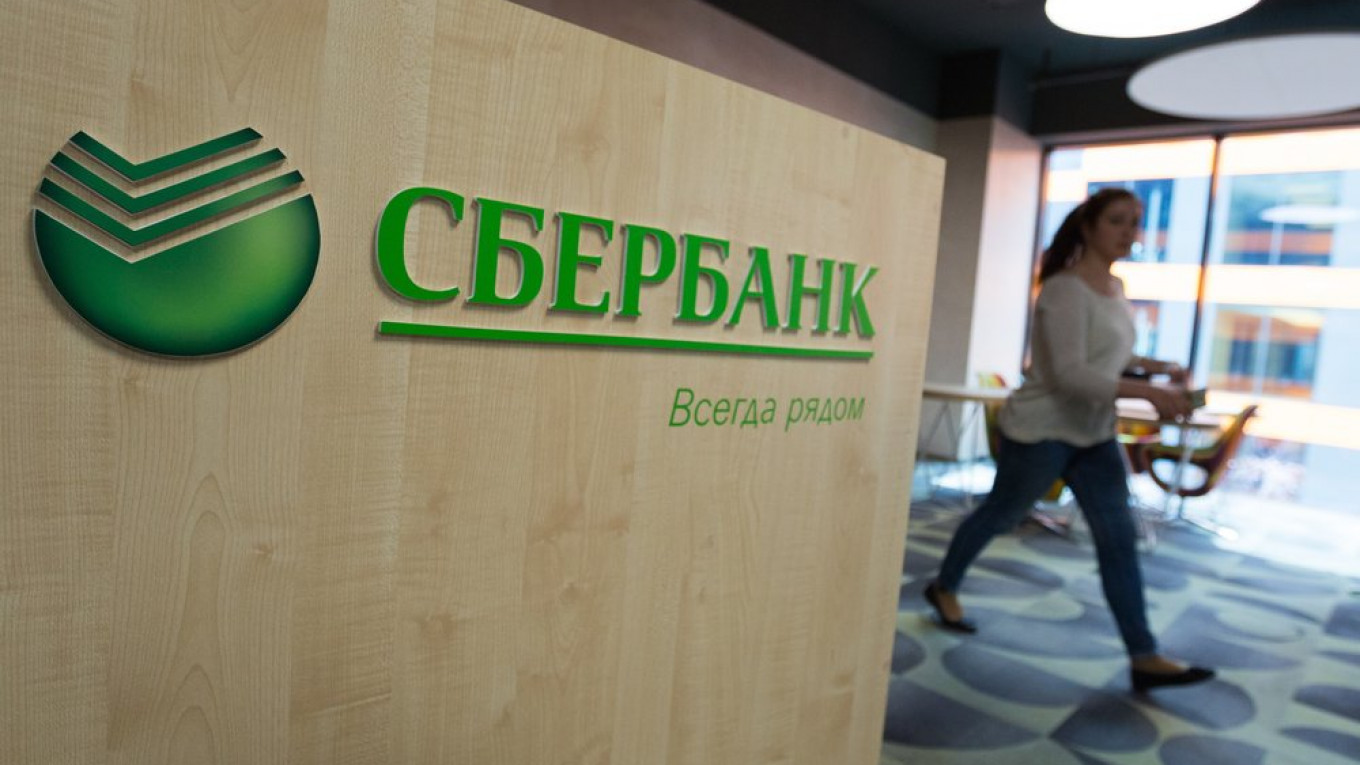It was supposed to be Russia’s e-commerce powerhouse, but only a year after they tied the knot the joint venture between Russia’s state-owned retail banking behemoth Sberbank and leading tech company Yandex looks like it is going to end in divorce.
“Sberbank and Yandex may exit their e-commerce joint venture. The parties may be considering exiting the joint venture, while Sberbank may be eyeing another player in the area — Ozon or Avito, according to the Bell. The paper’s sources claim that both Sberbank and Yandex are unhappy with the partnership, and suggested a divorce. No decision has yet been made,” Maria Sukhanova, an analyst with BCS Global Markets, reported in a note.
The joint venture, named Yandex.Market, was formed in April 2018 and designed as an extensive e-commerce platform, which could host much of Russia’s enormous retail business.
E-commerce already accounted for 4.8 percent of Russia’s retail trade in 2018 but is now growing exponentially and is forecast to top 8.5 percent by 2024. Yandex.Market should have been a big part of that.
Yandex contributed its price comparison service, Yandex.Market, and Sberbank contributed 30 billion rubles ($471 million) to the joint venture. As half the country has an account at Sberbank, which is remaking itself as a fintech company, the possibilities were endless.
The two parties received equal shares in the joint venture of 45 percent each, and another 10 percent was held in reserve for stock options to raise more capital further down the road.
Parts of the joint venture are already working. Much of the new platform was to be built on Yandex.Market, which is already working. In addition, the first online shop, Beru.ru, was launched in May 2018, and used to introduce Yandex’s attempt to break into the smartphone business, that eventually flopped.
The partners have also launched the cross-border marketplace Bringly to compete with Chinese competitor AliExpress, that is responsible for nearly two thirds of all the imported online purchases in Russia. Turnover from Beru.ru reached 1 billion rubles per month in April at the end of its first six months of operations, or nearly 10 percent of the estimated value of all online retail turnover at the end of 2018, according to an estimate from Data Insight.
Investors are surprised at the reports, as both companies have thrown themselves into a partnership that has the potential to be a massive business.
“The news came as a surprise, as the joint venture was launched only a year ago. For Sberbank, the breakup with Yandex may affect the bank’s reputation, as ecosystem projects are a growing part of the investment case and such changes may raise concerns over the implementation of its strategy,” Sukhanova said. “Besides, Yandex appeared to be one of the strongest partners to work with, given its strong technology. Still, the deal was a relatively small investment for Sberbank.”
The joint venture also has a lot of benefits for Yandex, as the platform will need to be subsidised for several years while it establishes itself. Russian internet entrepreneur Oskar Hartmann and founder of KupiVIP told bne IntelliNews that online retail volumes need at least three years to establish themselves and it can take up to eight years for a new online retail concept to mature.
During this period Yandex will need a partner to finance the development and Sberbank has deep pockets.
In the short-term, the implications of the potential divorce are unclear. However, the bust up means that Sberbank and Yandex are giving up their first-mover advantage in an increasingly competitive market.
Having struggled to capitalise on its strong brand and long history, Ozon has recently started to ramp up its efforts to grow its business. In April, the company raised 10 billion rubles ($155 million) as a convertible loan from its largest shareholders, AFK Sistema and Baring Vostok Capital Partners (BVCP) private equity fund, to invest in building up its logistics and warehousing system.
BVCP was one of the original investors in Yandex that turned into one of the fund's “homerun” investments, according to BVCP manager Michael Calvey.
Another rapidly growing contender that is eating up market share is Wildberries, already Russia’s biggest e-commerce retailer for several years. Starting out as a clothes and apparel retailer, the company is rapidly moving into new niches such as white goods, but also building up the all important logistics platforms that allow it to sell anything.
Wildberries led Russia’s top 50 e-commerce stores in 2018, according to Data Insight, with sales revenues nearing $1.8 billion in 2018, up 74 percent from the previous year. Wildberries is so big it is not just the leader in Russia but a global leader in terms of revenue, ahead of such western names as H&M, Zara, Next and Uniqlo, according to SimilarWeb.
This article first appeared in bne IntelliNews.
A Message from The Moscow Times:
Dear readers,
We are facing unprecedented challenges. Russia's Prosecutor General's Office has designated The Moscow Times as an "undesirable" organization, criminalizing our work and putting our staff at risk of prosecution. This follows our earlier unjust labeling as a "foreign agent."
These actions are direct attempts to silence independent journalism in Russia. The authorities claim our work "discredits the decisions of the Russian leadership." We see things differently: we strive to provide accurate, unbiased reporting on Russia.
We, the journalists of The Moscow Times, refuse to be silenced. But to continue our work, we need your help.
Your support, no matter how small, makes a world of difference. If you can, please support us monthly starting from just $2. It's quick to set up, and every contribution makes a significant impact.
By supporting The Moscow Times, you're defending open, independent journalism in the face of repression. Thank you for standing with us.
Remind me later.






